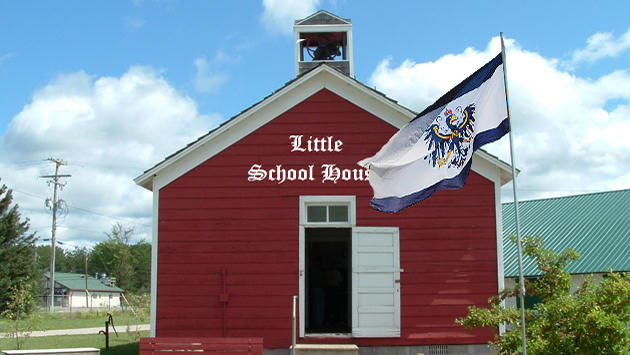|
|
Our Prussian model of public schooling;
controlling the masses
by Bryan Hyde, March 14, 2012

Itís curious how whenever someone questions the government-run school system; they will almost certainly be accused of opposing education itself. This is one reason why each legislative session, state legislators find themselves under tremendous pressure to properly fund and cater to the public education establishment. In most counties, as in Washington County, Utah, the largest employers are the public school districts. This translates into political power and those in power typically donít appreciate being questioned.
Clearly, many people consider the public education system to be a sacred cow of sorts. But almost none have any concept of the origins, the history, or the goals of public education in America. Few Americans understand that our government-controlled school system was founded upon authoritarian ambitions.
State-directed schools find their roots in the Prussian schools of the early 19th Century. In the 1840s, Horace Mann, then secretary of the Massachusetts Board of Education, traveled to Europe to study the Prussian model of public education. He was seeking a way to change what he deemed the "unruly" (meaning independent) children into disciplined citizens.
To that end, the Prussian educational system sought to take education out of the hands of family and church with five key goals in mind. It was to create:
- Obedient workers for the mines.
- Obedient soldiers for the army.
- Well-subordinated civil servants to government.
- Well-subordinated clerks to industry.
- Citizens who thought alike about major issues.
The reasoning behind such a system is easy to understand, since independently educated masses could not be always counted on to submit to their governmentís objectives. Tyrants like Prussiaís Frederick William I and Franceís Napoleon each used this system to build a powerful, controlling state apparatus. Other despots followed in their footsteps.
Educator John Taylor Gattoís book, "The Underground History of American Education," describes how the system came to America:
"A small number of passionate ideological leaders visited Prussia in the first half of the 19th Century, fell in love with the order, obedience, and efficiency of its educational system and campaigned relentlessly thereafter to bring the Prussian vision to our shores. To do that, children would have to be removed from their parents and inappropriate cultural influences."
The next step was to sell the new system to the American public in the name of equality by convincing each respective state to adopt a compulsory government school system to ensure a uniform education for the masses. The primary goals of this system were not intellectual training but rather conditioning the students for obedience, subordination and collective life.
With this bit of historical perspective regarding the origins and stated intentions of public education, itís much easier to understand why a "free education for all children in public schools" was a key plank of Marxís Communist Manifesto.
To this day, the defenders of state-sponsored education insist that it was implemented at the request of the American people. But this was not necessarily the case.
Sheldon Richman, of the Future of Freedom Foundation, explains it this way:
"Many of us grow up believing that government reflects the will of the people. But skeptics know better. Government has assumed more and more control over private life not because the people demanded it, but because power-seekers and privilege-seekers sought outlets for their ambitions. They then propagandized the public until a sufficient number of people came to believe government control was good for them."
As writer Karen DeCoster points out, "What is most disquieting about the public education mindset is that those who believe most strongly in it are convinced that there are "no other" noble alternatives, and that the alternatives that do exist are merely a hindrance to the only real education, that which is provided via the public domain."
It cannot be said often enough that the government school system is filled with hard-working, ethical, and highly inspiring educators who change lives for the better. That they are able to do this within a system founded upon authoritarian intentions makes their efforts all the more admirable. The problem with government-run education is the system itself, not the people who work for it.
No people can remain free without being truly educated, but thatís not the same thing as having mere uniformity of thought.
Bryan Hyde is a news commentator and co-host of the Perspectives morning show on Fox News 1450 AM 93.1 FM.
URL for this article: NewsBitsAndBites.com/article/prussian-model-of-public-schooling-url.shtml